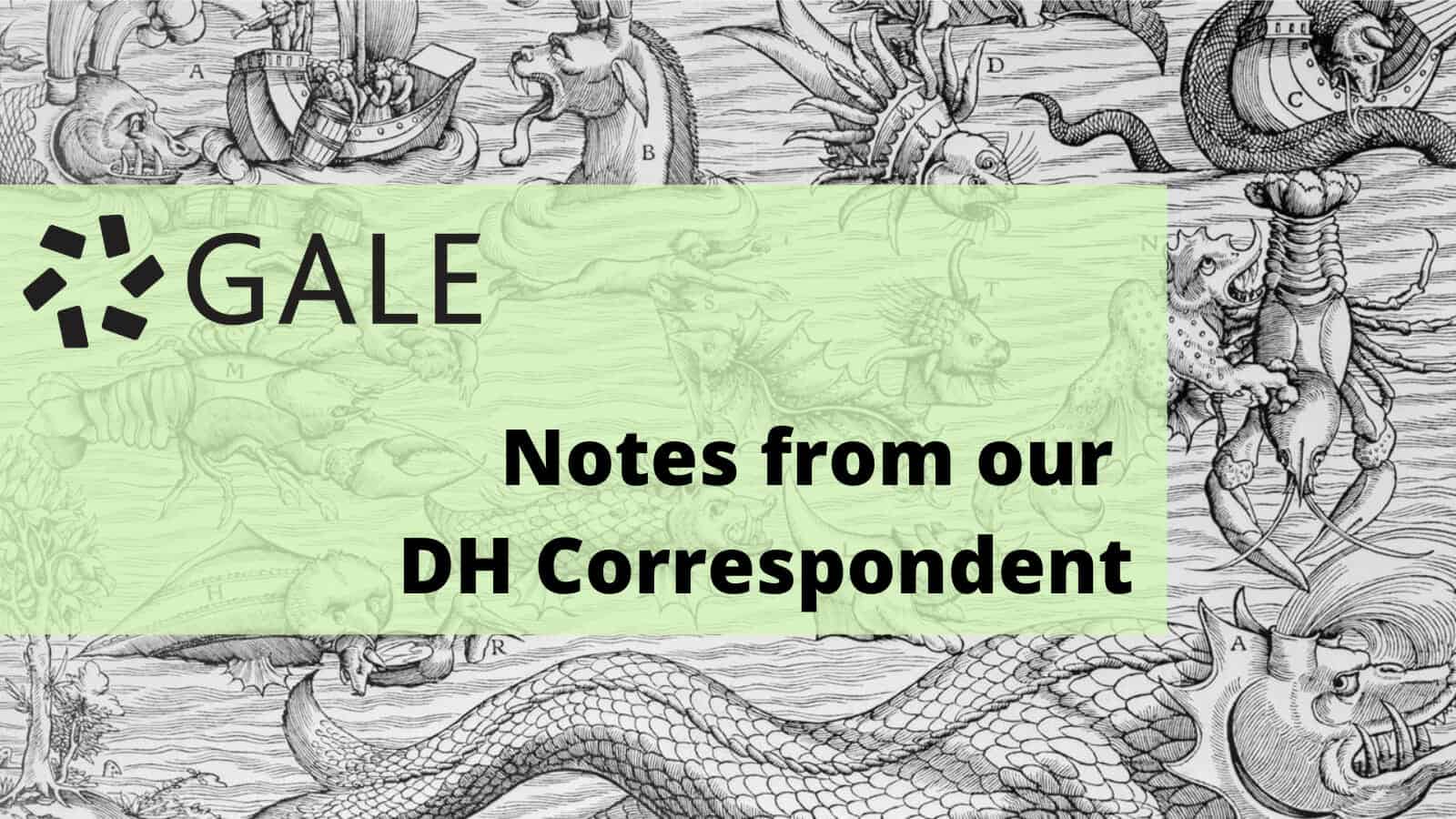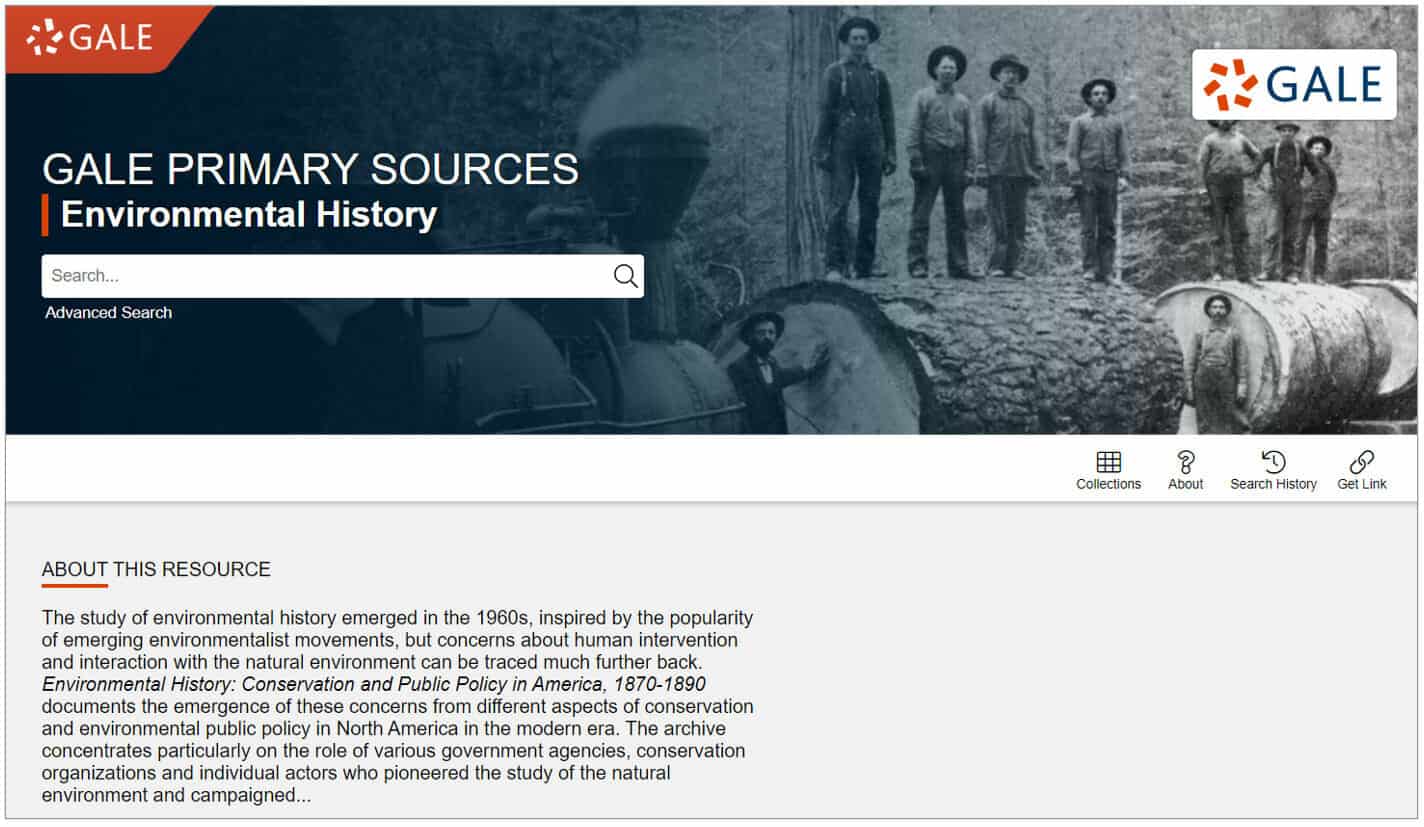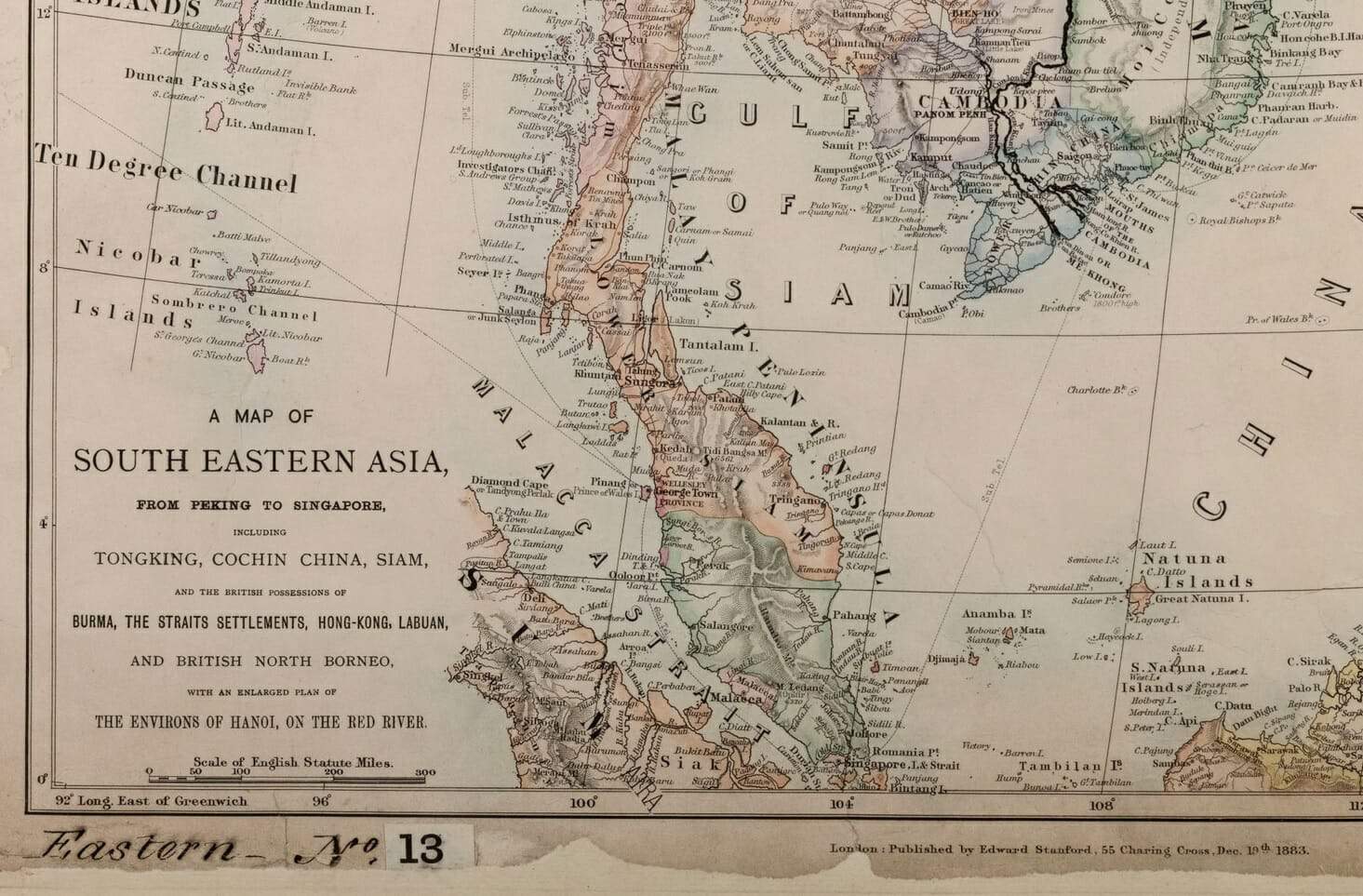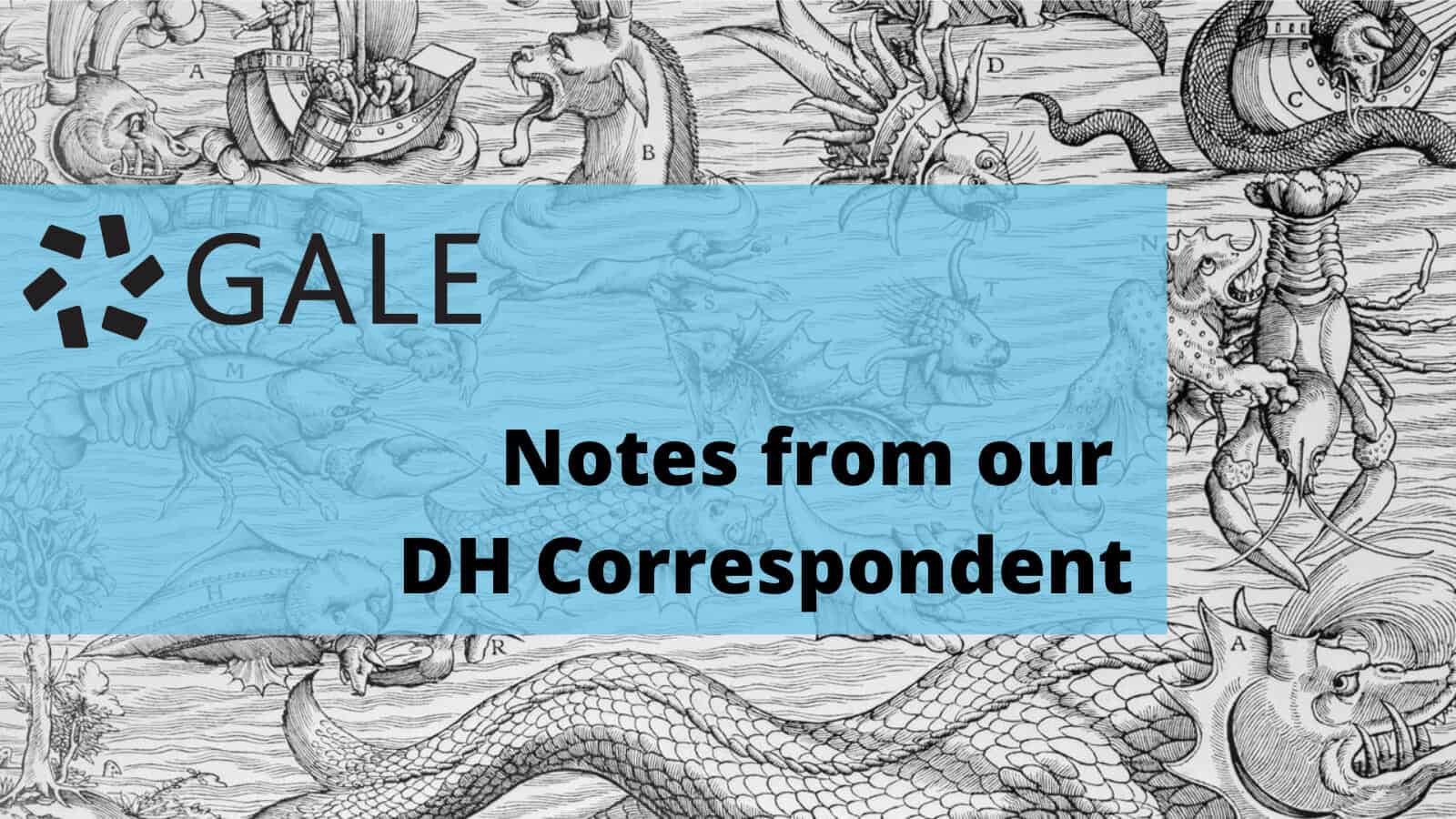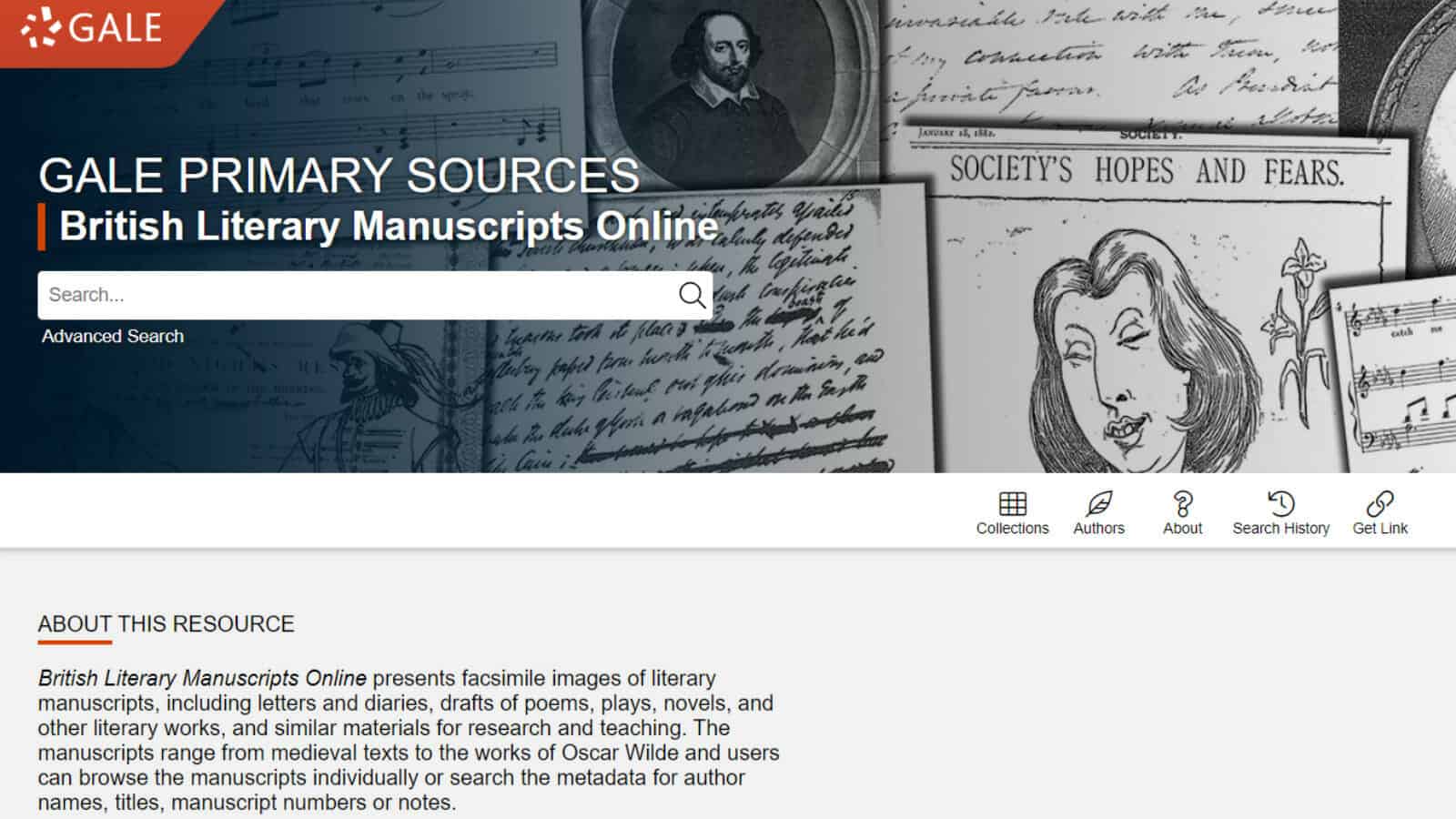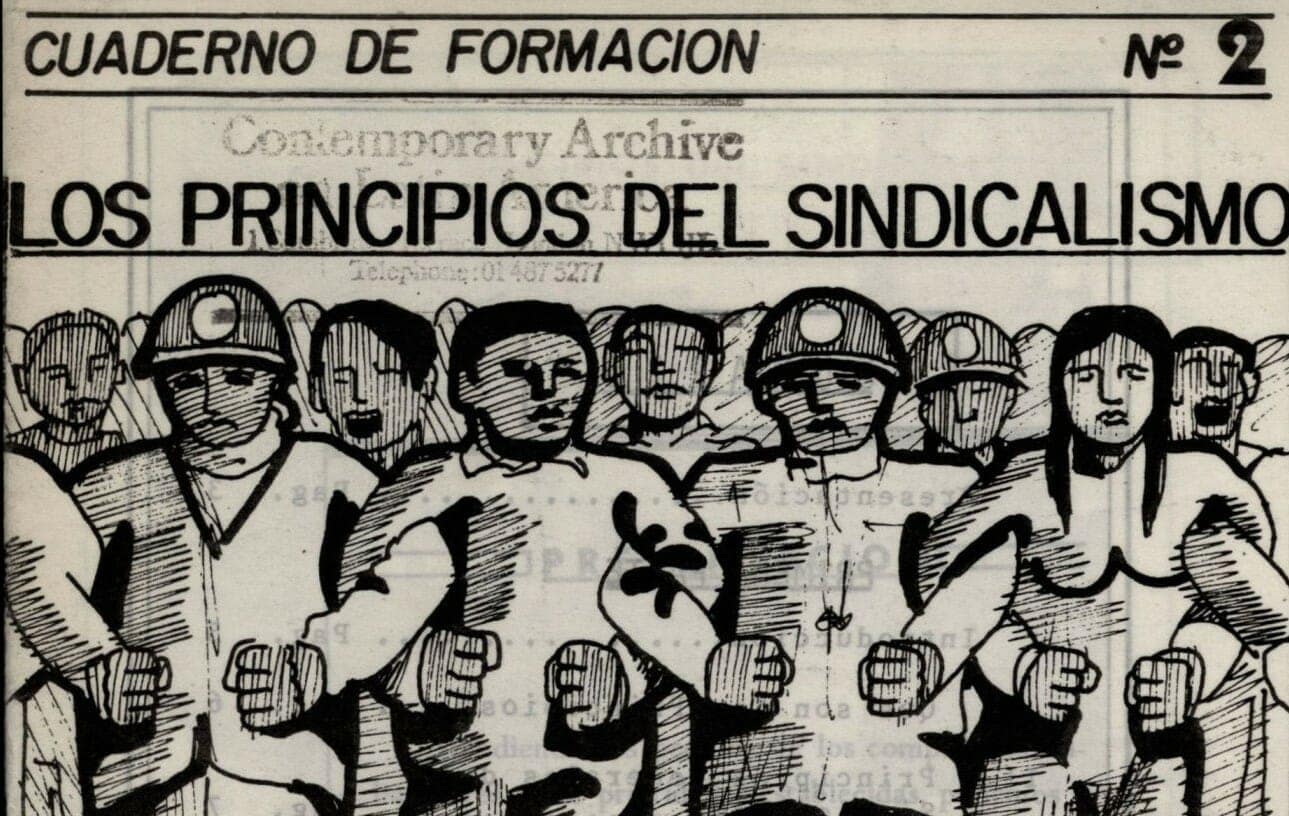│By Sarah L. Ketchley, Senior Digital Humanities Specialist│
It’s back-to-school season, and the next two ‘Notes from Our DH Correspondent’ blog posts will focus on non-traditional assignments in the DH classroom. Often, Humanities classes culminate in a final paper or essay which is a worthwhile exercise in sifting through relevant information to answer a question or propose a thesis. A syllabus that incorporates Digital Humanities methodologies, however, often blends subject content with technical and analytic proficiencies, meaning an essay may not be the best medium to showcase student learning in this scenario. Below we consider tools for digital storytelling which blend text, image, and analysis results to create engaging and interactive assignment outputs.

